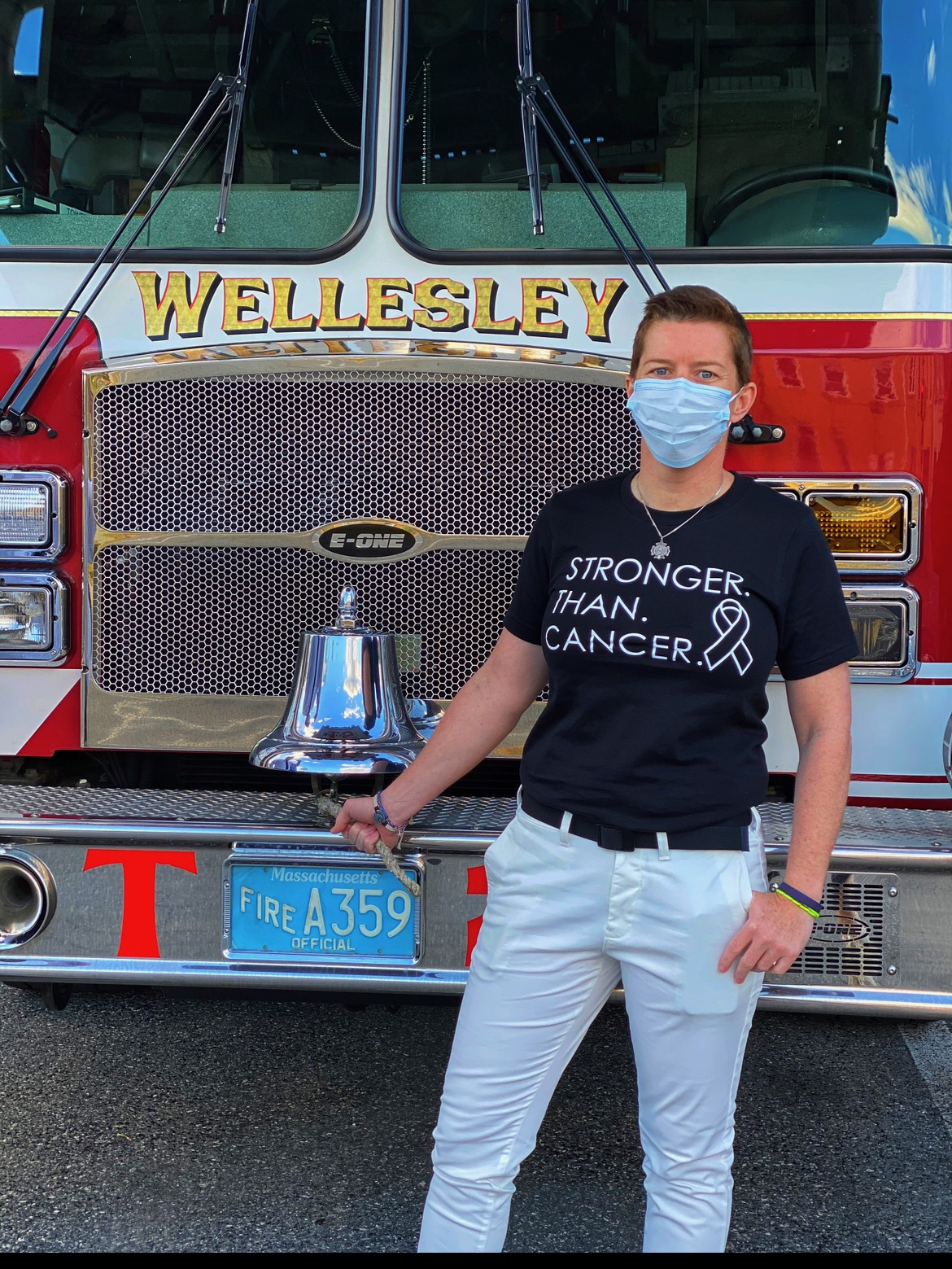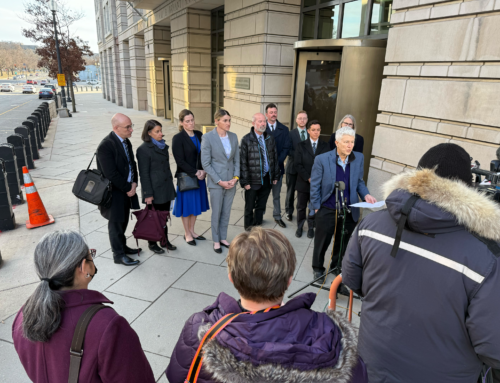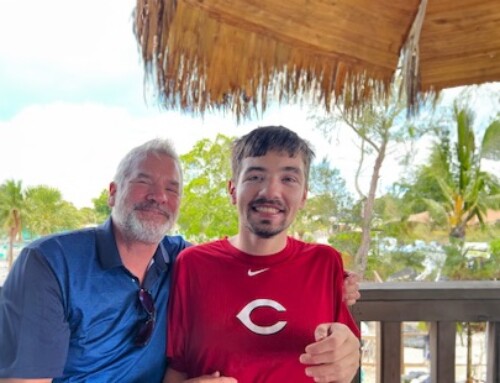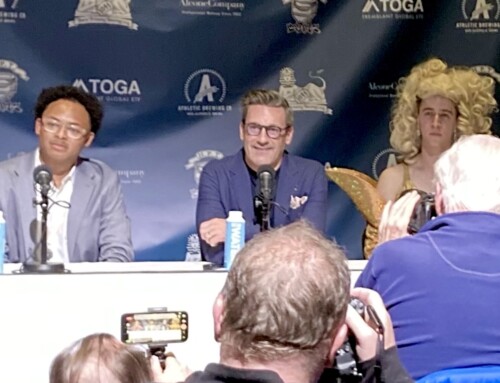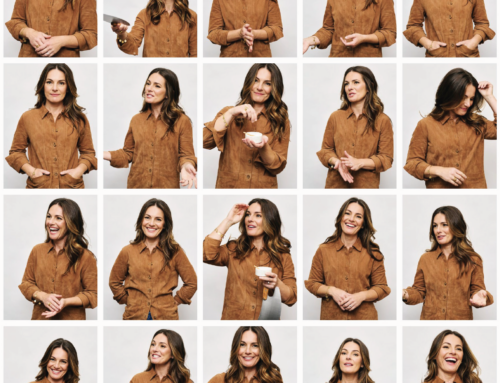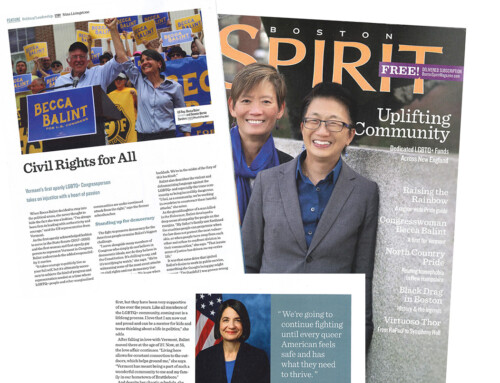Summary
This article tells the story of Joanie Cullinan, a firefighter and advocate for early cancer detection. Cullinan overcame challenges as a gay woman in the fire department and later as a cancer patient.
By Nina Livingstone
Joanie Cullinan has a thing about John F. Kennedy. For one, she sees a resemblance in the hair department. For another, Cullinan is her own profile in courage.
In 2009, the Boston College graduate became the first female firefighter in Wellesley, Massachusetts, in over 20 years. She was also out as a gay woman. While neither proved to be an obstacle, she was hardly home free.
Raised in Needham with her parents and three brothers, Cullinan said she realized she was gay her senior year in high school.
“In 1999 we had to go to gay clubs because you couldn’t hold a girl’s hand at a normal bar — even in liberal Massachusetts,” she said. “Now you can barely find a gay bar. At work, I never actually came out, I just introduced people to my girlfriend,” she explained.
A single misstep would turn Cullinan’s life on its head. It happened on Jan. 1, 2015, when Cullinan was charged with drunken driving after striking two cars while traveling the wrong way on Route 6. It was, she thought, the worst day of her life.
“Because of my job, my accident was on the news and in the newspapers. I had two choices, I could run from it and hide, or I could own it and help others learn from my mistakes. I chose the latter,” she said, and began doing public talks about the dangers of alcohol abuse.
It was a simple twist of fate that led Cullinan to a firefighters’ conference where she presented her video on drinking and driving. As part of the conference Cullinan was offered a free skin cancer check. When the dermatologist found a spot on her back, she urged her to have the mole biopsied. Cullinan did. It was stage three melanoma.
“I truly believe that if I did not choose to share the story about the worst day of my life, I would not be alive today,” Cullinan said.
The 2019 diagnosis put the 37-year-old firefighter back in the spotlight. When she realized her JFK-style locks were literally going down the drain, her tenacity returned. “I was going to do cancer on my terms, so I decided to shave my head,” she said.
That’s when Cullinan also chose to turn her head-shaving moment into a fundraiser. More than 100 people showed up at the fire station to have their heads shaved and raise money for charity. “It was pretty amazing,” she said. “The fire chief actually shaved his head next to me.”
On a more serious note, Cullinan said, “It was a strange turn of events going from saving lives to fighting for my own during treatment.”
But once again, Cullinan turned a personal tragedy into something positive, joining the nonprofit DetecTogether. “They teach early detection to both firefighters and high school students,” she said. “They gave me a purpose, direct treatment, allowing me to fulfill that need to help and care for others. Knowing that it was a struggle after beating cancer.”
Cullinan’s advocacy work caught the attention of the Patriots and in October 2020 she was named its “Difference Maker of the Week.” “It was an incredible honor. I got a Zoom call with Robert Kraft and the best part was that a donation was made to DetecTogether in my name. I never could’ve made that big of a donation!”
Today, Cullinan said she still deals with the side effects from her treatments. “My body does not work the way that it used to. I struggle with joint pain and a lot of other ailments,” she said, adding, “For me, the hardest thing to deal with was the anxiety that came after treatment was over, the anxiety of reoccurrence.”
Despite this occasional sense of foreboding, Cullinan says she’s still the same “goofy” person. “I always have new sneakers that match my outfit. I can kill a dad joke. I post way too many pictures on Instagram (according to my younger cousins), but I don’t care. I love adventure and can be over the top. Somewhere along the line I’ve [learned] to love this weirdo person I’ve become …”
Three years cancer-free and Cullinan still can’t over emphasize the need to get skin cancer screenings on a regular basis.
“It was a mole on my lower back. I never would’ve seen it as I always wear tank tops at the beach and I can’t see my own back,” she said, “When I was diagnosed, I was told that 10 years ago I would not be alive today. The treatment has come really far in the past 10 years, but melanoma continues to be a very deadly form of cancer.
“We can’t stop people from getting sick or getting cancer, but an early diagnosis is the best diagnosis,” she said.
This article originally appeared in Boston Spirit magazine. To receive a free subscription, visit its website.


